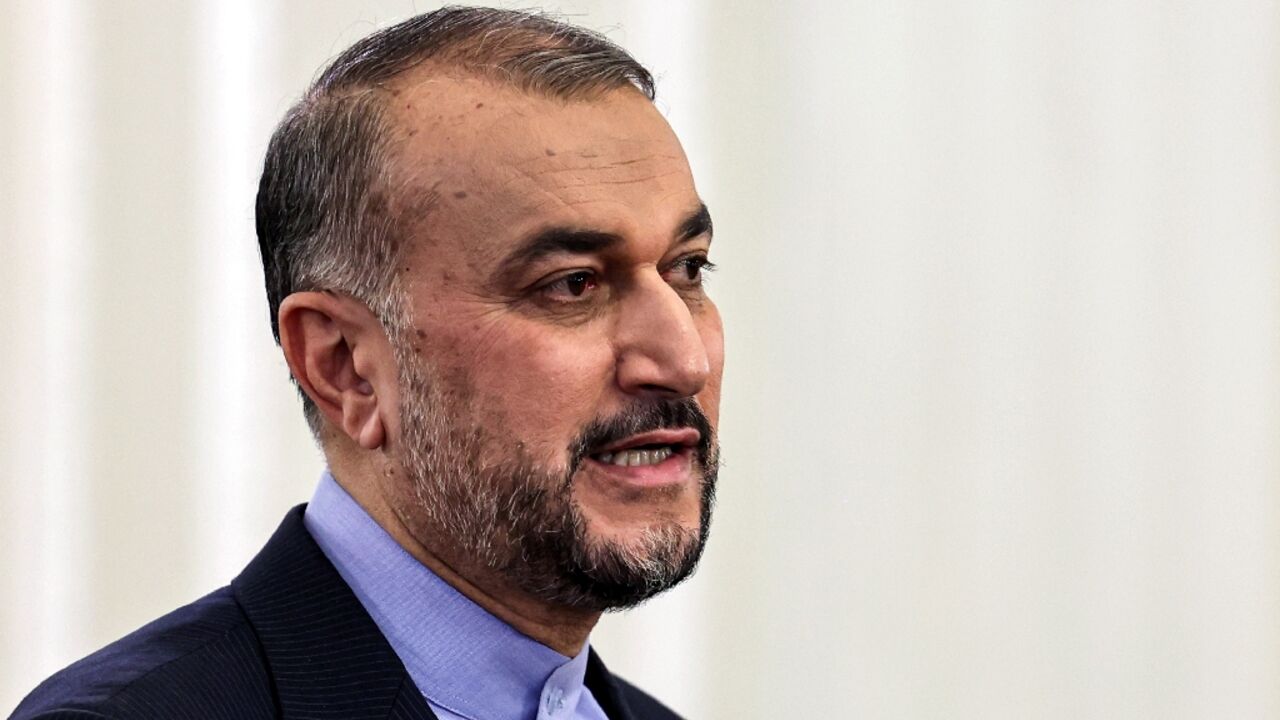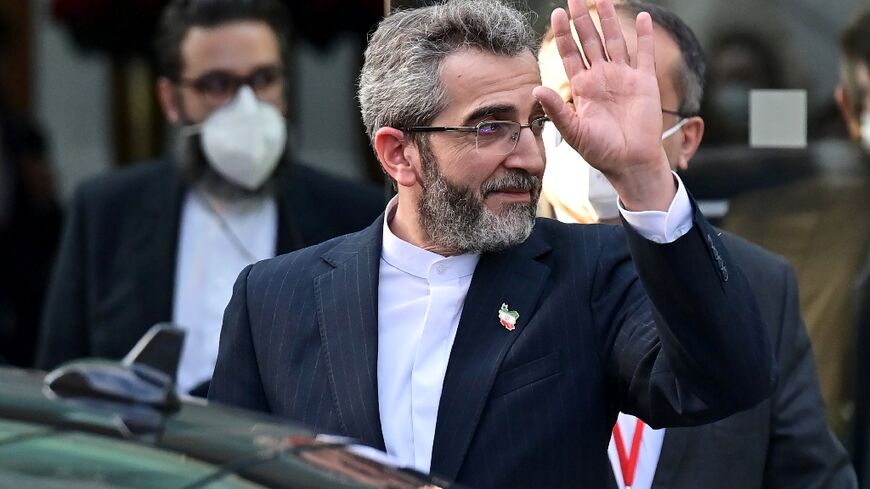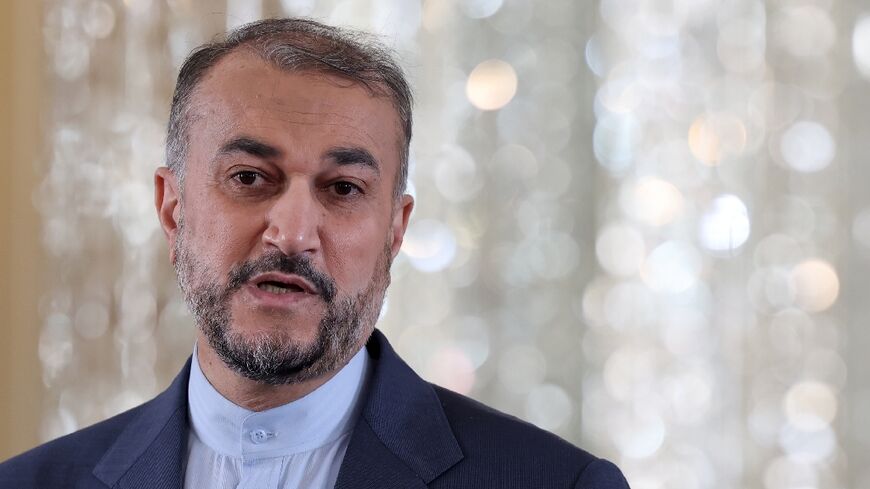Iran says preliminary deal reached on frozen funds abroad

Iran's foreign minister said Wednesday that a preliminary deal had been reached with a foreign bank over frozen funds belonging to the Islamic republic.
"An accord was concluded with a foreign bank to release a part of our financial claims," Hossein Amir-Abdollahian said at a news conference.
"This is a preliminary agreement on when and how to release the funds," he added.
Tens of billions of dollars in Iranian money were blocked in a number of countries, including China, South Korea and Japan, after the United States reimposed sanctions on the Islamic republic in 2018.
A 2015 nuclear deal had granted Tehran much-needed sanctions relief but the US unilaterally pulled out and reimposed punishing sanctions under then-president Donald Trump.
Until then, Iran had been one of South Korea's main suppliers of crude.
According to Tasnim news agency, the deal announced on Wednesday aims to find a solution for frozen Iranian assets valued at more than $7 billion.
Last year Tehran threatened legal action unless Seoul released frozen funds for oil shipments, worth that same amount.
In early January, Iran had urged South Korea to unlock the funds and not to await the outcome of Vienna talks aiming to revive the nuclear agreement.
Amir-Abdollahian said a delegation from the concerned country, which he did not identify, had visited Tehran on Tuesday to follow up on the implementation of the deal with the foreign bank.
The delegation met officials from the Iranian central bank and the foreign ministry, he added.
Iran has been engaged for a year in talks with France, Germany, Britain, Russia and China directly, and the United States indirectly, to revive the nuclear deal, known formally as the Joint Comprehensive Plan of Action (JCPOA).
The talks have been paused since March 11, having progressed most of the way towards reviving the deal, but pending issues are still unresolved.






